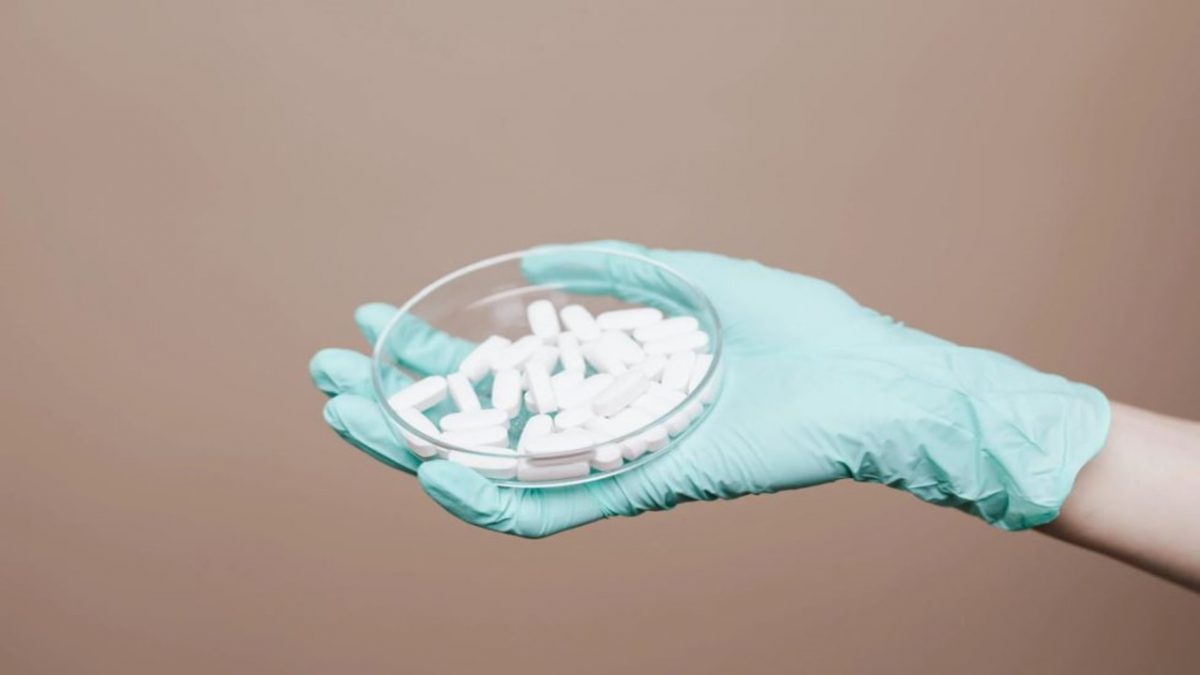Since 2020, 734 cases have been documented in the REAct system, of which 327 are related to violations of the rights of people who use drugs. But there are barriers to accessing the buprenorphine treatment program launched in the Republic of Moldova in 2018. And yet, to date, 45 cases have been registered in the system, which describe cases of restricting patients’ access to it, it is especially difficult for prisoners to fight for their rights. At almost every meeting of NGOs with representatives of the National Penitentiary Administration, the staff of the “Positive Initiative” received a positive answer on the question about the availability of buprenorphine at substitution therapy sites in prisons. Buprenorphine is available in every penitentiary. However, in practice, everything turned out to be not so simple.
In one of the prisons, the reactor documented the case:
The client is in prison where he is on methadone substitution therapy, as he is a drug addict. Every day the client feels unwell because methadone quickly loses its properties. The client wants to switch to the buprenorphine program, but the administration says that there is no such program in this penitentiary institution. Therefore, the client turned to us with a complaint to help him solve this problem.
Alexander (reactor)
The client has been fighting his drug addiction since 2018 through a methadone substitution therapy program.
Currently, the client is in a penitentiary institution (PI), where this program is also being implemented. But the program is being implemented, with flagrant violations, according to the client.
The medical worker, directly responsible for the process of issuing methadone, works once every 4 days. The drug is poured into open containers 4 days in advance, and then stored in open containers in a safe. No one can guarantee the fact that nothing (water or other substances) is added to open methadone containers. Over the days, following the day of the drug distribution, other shifts of workers give it out. The client, as well as other prisoners receiving methadone in this PI, notes atypical symptoms a few hours after taking the drug – they feel unwell.
The client repeatedly informed the administration of the PI about this situation, but there was no response to his statements. The client became desperate and expressed a desire to switch from methadone substitution therapy to buprenorphine treatment. The client’s appeals to the PI medical staff with statements about the desire to change the substitution therapy program also remained unanswered, the client only received an excuse that there was no such program in this PI.
The client addressed an NGO employee who is also a reactor. The reactor documented the current situation in detail and got involved in resolving the current difficult situation.
A complaint was made to the head of the medical department of the National Penitentiary Administration, which was immediately responded to.
As a result of the work done, the client was successfully transferred from one substitution therapy program to another, more suitable, based on the current conditions of his life. Taking medications under the new program, the client feels much better physically and much more mentally confident – he no longer has doubts about the quality and composition of the therapy he takes.


